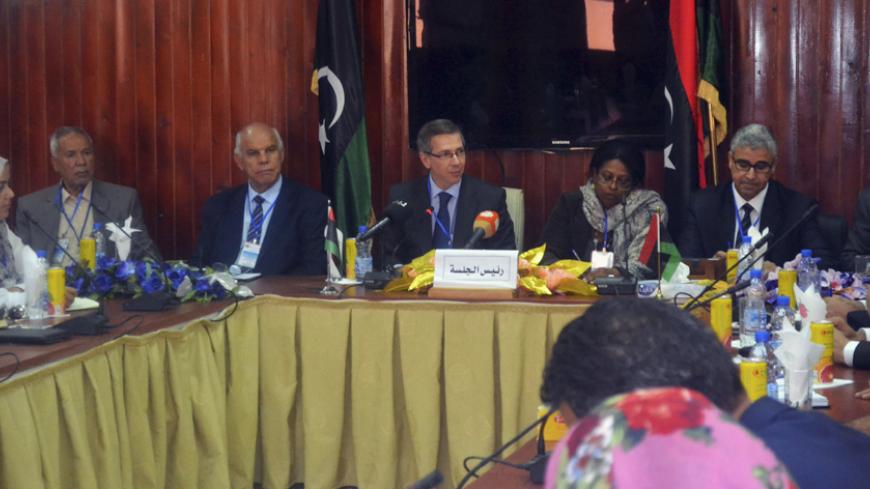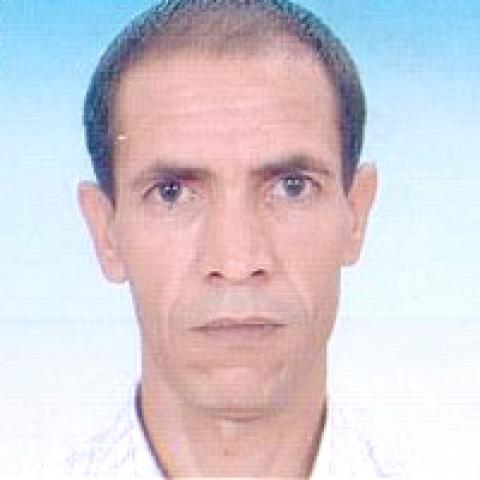TUNIS, Tunisia — The focus of some Libyans and others interested in Libyan affairs turned toward Algeria in September, when the government announced its intention to host a dialogue in late October among Libya’s warring parties. October passed, however, without the dialogue taking place. Libya’s fate became even murkier on Nov. 6 after the Supreme Constitutional Court invalidated the Council of Representatives, the Tobruk-based elected legislature recognized by the international community.
There are multiple reasons for the failed effort at a dialogue, but the result is the same: the conflicting parties in Libya must meet around the same table to discuss sparing the country more bloody conflict. In this respect, Bernardino Leon, special representative of the UN secretary-general, has sought to hold new meetings with influential figures following the court’s decision on the legislature.



